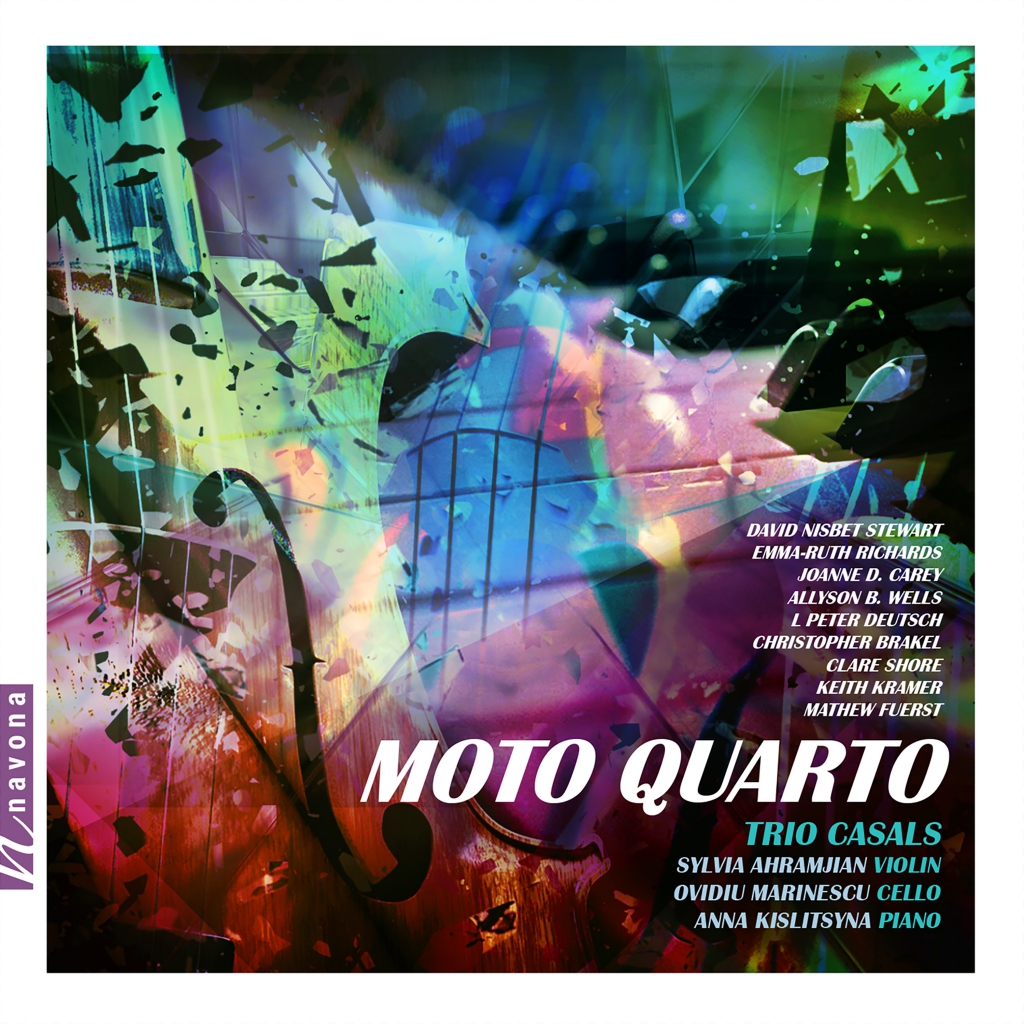
Clare Shore, the second woman to earn the Doctor of Musical Arts degree in Composition from The Juilliard School, has received critical acclaim for her works, with reviewers from The New York Times, New York Post, Boston Globe, Washington Post, and others hailing her works as “provocative,” “immensely dramatic,” “unpretentious,” “ingenious and evocative,” “intriguing,” and “romantic to the core.” Clare was granted the prestigious Irving Berlin Fellowship in Memory of Jerome Kern, was awarded two teaching fellowships, and received the Alexandre Gretchaninov Memorial Award upon graduation.
Clare has received numerous commissions, awards, and grants, among them the ASCAP’s Grant to Young Composers and Standard Awards, Composers Assistance Grants from the AMC, a MacDowell Colony Fellowship, and others, and her works have been performed in Carnegie Hall, Lincoln Center’s Alice Tully Hall, Merkin Concert Hall, and many more prestigious locations. Her composition Day Tripping, featured on Navona Records’ MOTO QUARTO, is being performed July 20, 2019, at Carnegie Hall.
Today, Clare is our featured artist in “The Inside Story,” a blog series exploring the inner workings and personalities of our artists. Read on to discover what happened when Clare organized a performance of “new music” at a conservative university she was working at…
When did you realize that you wanted to be an artist?
Probably when I was in high school. My mom was a very gifted singer, pianist, and choral conductor; she was a wonderful musical influence, though not always in the directions I was inclined. After having convinced her to let me stop taking piano lessons as a senior in high school and learn to play alto saxophone instead, I was hooked. Toward the end of that year, I asked the band director if he thought I should pursue a degree in music; his response was, “I’d think you were crazy if you chose anything else!”
What was your most unusual performance, or the most embarrassing thing that happened to you during a performance?
My most unusual performance experience occurred while I was teaching at a conservative university. During my first year, I was invited to present an evening of chamber music works. Although none of the works was radical, it was the first concert comprised solely of “new music” at the school. The next year I was again invited to present a concert; rather than sitting through another painful evening, knowing that my fellow professors were not enjoying it, I decided to add a bit of spice. I asked a comedienne friend to serve as emcee, then engaged mostly students to perform new pieces written for the occasion. The student body had been offered “chapel credit” for attending; the auditorium was packed. One improv piece was titled “Tanks for the Memories.” Two female students and I came onstage dressed in swimsuits, masks, fins, snorkels, and wielding diving knives, dancing around three dive tanks suspended from saw horses, banging out non-imitative rhythmic lines. Pretty soon, the blade of one of the knives broke and flew across the stage … oy! A skit emulating our weekly Composers’ Forum also comes to mind: the students were sitting on the floor surrounding the faculty cellist who began playing the opening melody of my concerto. A student (not a favorite of the professors) interrupted her and made a disparaging remark (as I had instructed), “That really sucks!” Not knowing that it was scripted, the faculty were horrified. There were other horrors; it turned out to be a rather disastrous evening; however, the non-music students were very entertained … not so much the President of the university, nor the Dean!
What is your guilty pleasure?
Well, at this point in my life I’ve shed most of my vices, but I still enjoy an occasional Honduran cigar, either in my backyard or shared with fellow musicians after a particularly remarkable performance or recording session.
If you could spend creative time anywhere in the world, where would it be and why?
I am fortunate to live in a ca. 1924 cottage with my dog, Alto, a block from the downtown area in a funky little South Florida town, less than a mile from the Atlantic Ocean and only blocks from the Intracoastal. It’s a great place to live and create, but I’ll admit that it’s sometimes difficult to shut out the distractions of daily life. I find that spending a few weeks away from home in an artist colony or just renting (cheaply) a couple of rooms for 2-3 weeks in most any location away from home allows me to be more productive in terms of completing large portions of a work than I would be able to accomplish in that amount of time at home. I used to dream of living alone in a lighthouse for a period of time spent only composing, but for now, I have an island in mind on which I’d love to find a house to rent for a couple of weeks “for a song” in the near future, but I dare not put a jinx on it by saying it out loud just yet.
If you could instantly have expertise performing one instrument, what instrument would that be?
Not for any romantic notions but for purely practical reasons as a composer, I wish I were a more accomplished pianist. It would be a great help in score study as well as slogging through my own works-in-progress. Unfortunately, I just don’t have an affinity for two hands at a keyboard.
Is there a specific feeling that you would like communicated to audiences in this work?
Each movement of Day Tripping for violin, cello, and piano was inspired by a cherished day trip during which I experienced the beauty of one of Florida’s natural waterways via kayak.
In the first movement, “Peace at Dawn,” I sought to convey the feeling of a misty morning paddle at sunrise along a wild section of southwestern Florida’s Peace River (called Rio de la Paz on 16th-century Spanish charts) and the joy of experiencing a peaceful coexistence with the wildlife that take refuge there.
Fed by Juniper Springs in the Ocala National Forest, Juniper Run, one of the most pristine of Florida’s hundreds of spring-fed streams, is a narrow, swift-moving, winding waterway set under a dense canopy of old-growth forest with few places solid enough to get out of one’s kayak. Day Tripping’s second movement, ”Juniper Run,” was meant to reflect the feeling that there are no “getting out” places … just full steam ahead to the “take-out” point.

Day Tripping on MOTO QUARTO is now available for streaming or purchase through Navona Records. Click here to explore this new album.

Clare Shore the second woman to earn the Doctor of Musical Arts degree in Composition from The Juilliard School, has received critical acclaim for her works, with reviewers from The New York Times, New York Post, Boston Globe, Washington Post, and others hailing her works as "provocative," "immensely dramatic," "unpretentious," "ingenious and evocative," "intriguing," and "romantic to the core."
